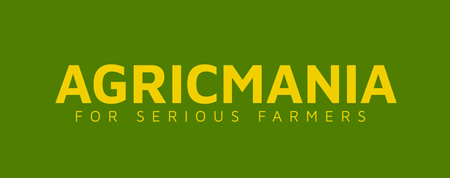By Almot Maqolo
Tobacco production is a key economic activity for small scale farmers. Establishing a futures market with the premise of improving funding and pricing transparency is somewhat “dubious”. At the core of it, the small-scale tobacco producers are reliant on contract schemes because they cannot finance themselves. Ideally these schemes should reduce price risk for the producers and improve access to finance, but the reliance also creates an unfavorable dynamic for them. In some cases, the predatory contract schemes lead to small margins and in worse cases they trap the farmers in debt.
In March 2021, the Zimbabwe Stock Exchange and the Tobacco Industry and Marketing Board (TIMB) set in motion the process of mitigating funding and marketing challenges experienced by small scale tobacco farmers after signing a Memorandum of Understanding (MoU). In a joint statement, all parties noted that the signing of a MoU forms a basis for cooperation in the fundraising for Tobacco farmers, fundraising for local tobacco merchants, the compilation and distribution of tobacco production and marketing data.
Also paves way for the establishment of a tobacco derivatives market. By definition the derivatives market refers to the financial market for financial instruments such as futures contracts or options that are based on the values of their underlying assets. Participants in a derivatives market include hedgers, speculators, arbitrageurs and margin traders.
“If the underlying issue is not addressed it is not clear how a futures market supports the small-scale farmers,” Economist Yona Banda told this publication in an interview.
“If they do not have the capacity to operate independently it is unlikely that they will be able to utilize derivatives directly.”
There is a need for farmer driven organizations such as cooperatives, which can level the playing field for the small-scale tobacco producers. These organizations can coordinate producers and negotiate better terms with contractors. They can also reduce the high risks and costs associated with directly lending to fragmented small scale producers. This would provide small scale producers more capacity to operate independently and position them to capture more value in the tobacco value chain. It would also provide a better foundation for the small-scale producers to viably and sustainably exploit derivatives.
Slow onset of the rainfall season as well as fertilizer shortages had an adverse impact on the farming season. Tobacco marketing season will start on 30 March 2022, a week earlier than in the previous year. Top-quality tobacco grades for premium brands are likely to remain unchanged at 3.5-5.40 U.S. dollars per kg. Indications are that national tobacco volumes are expected to range between 10% and 15% below prior year.
Last year, the country sold 186.6 million kg of tobacco leaf valued at 515.9 million U.S. dollars during the 2021 marketing season, up 16.8 percent in volume and 31 percent in value over the 2020 sales.
Tobacco is the country’s second foreign currency earner after gold, with China and South Africa being the major buyers of the golden leaf. Other top buyers of flue-cured tobacco from Zimbabwe are the United Arab Emirates, Indonesia and Belgium. The crop is mainly produced through the contract system where buyers provide the farmers with the inputs for tobacco farming. While the country is the largest producer of tobacco in Africa, at least 1.5% of the crop is channeled toward local processing, with the rest being exported in raw form.



